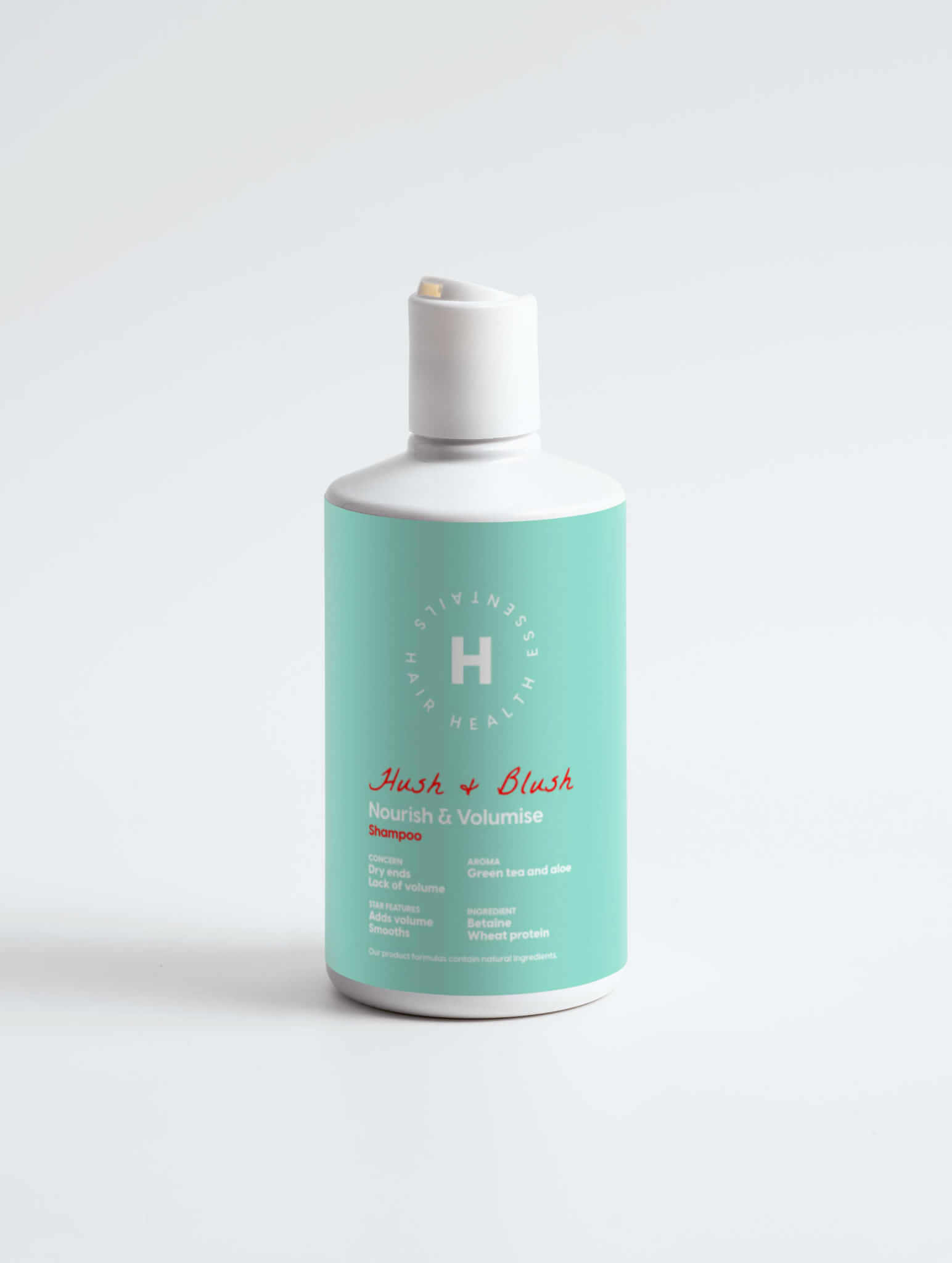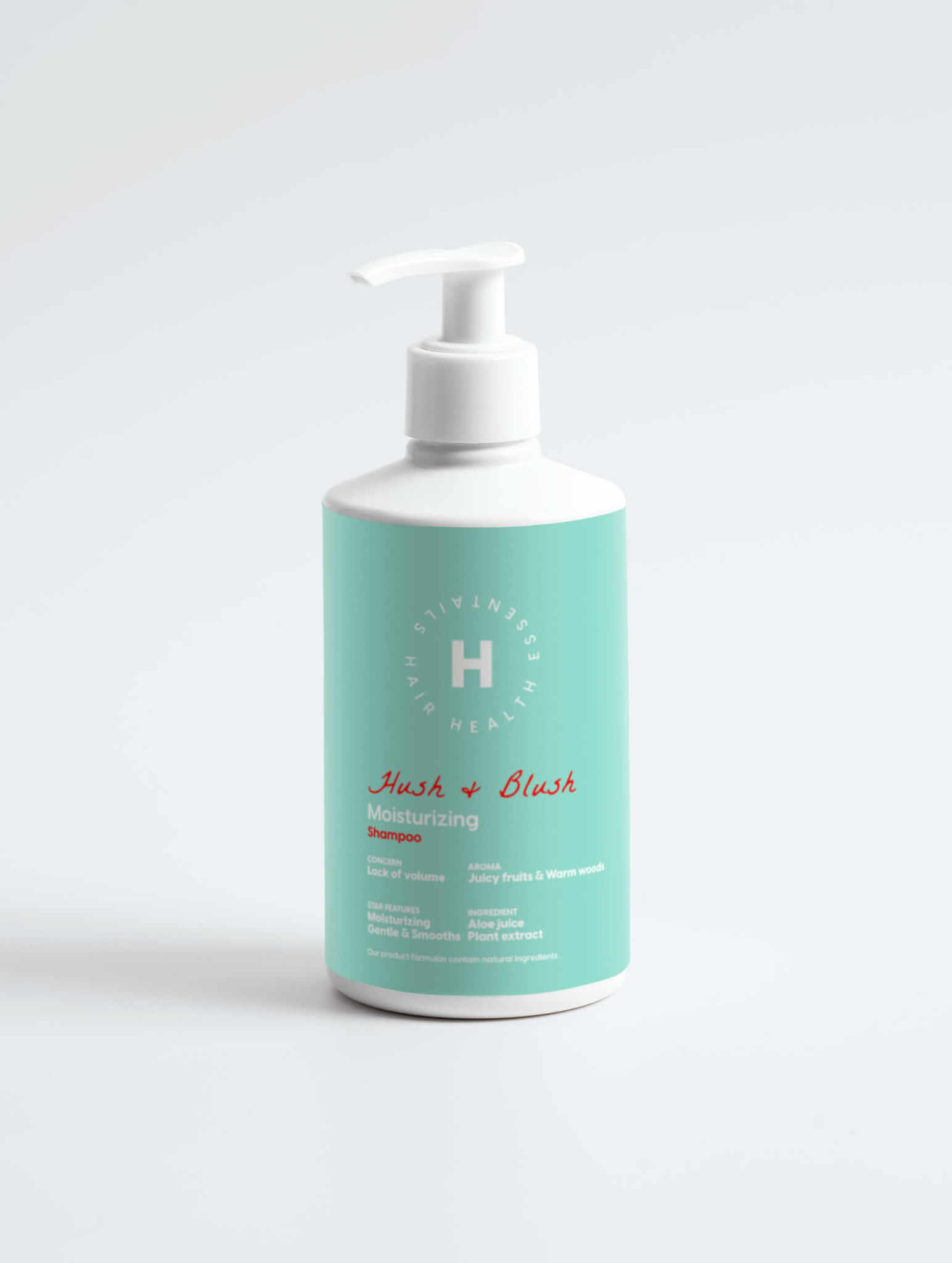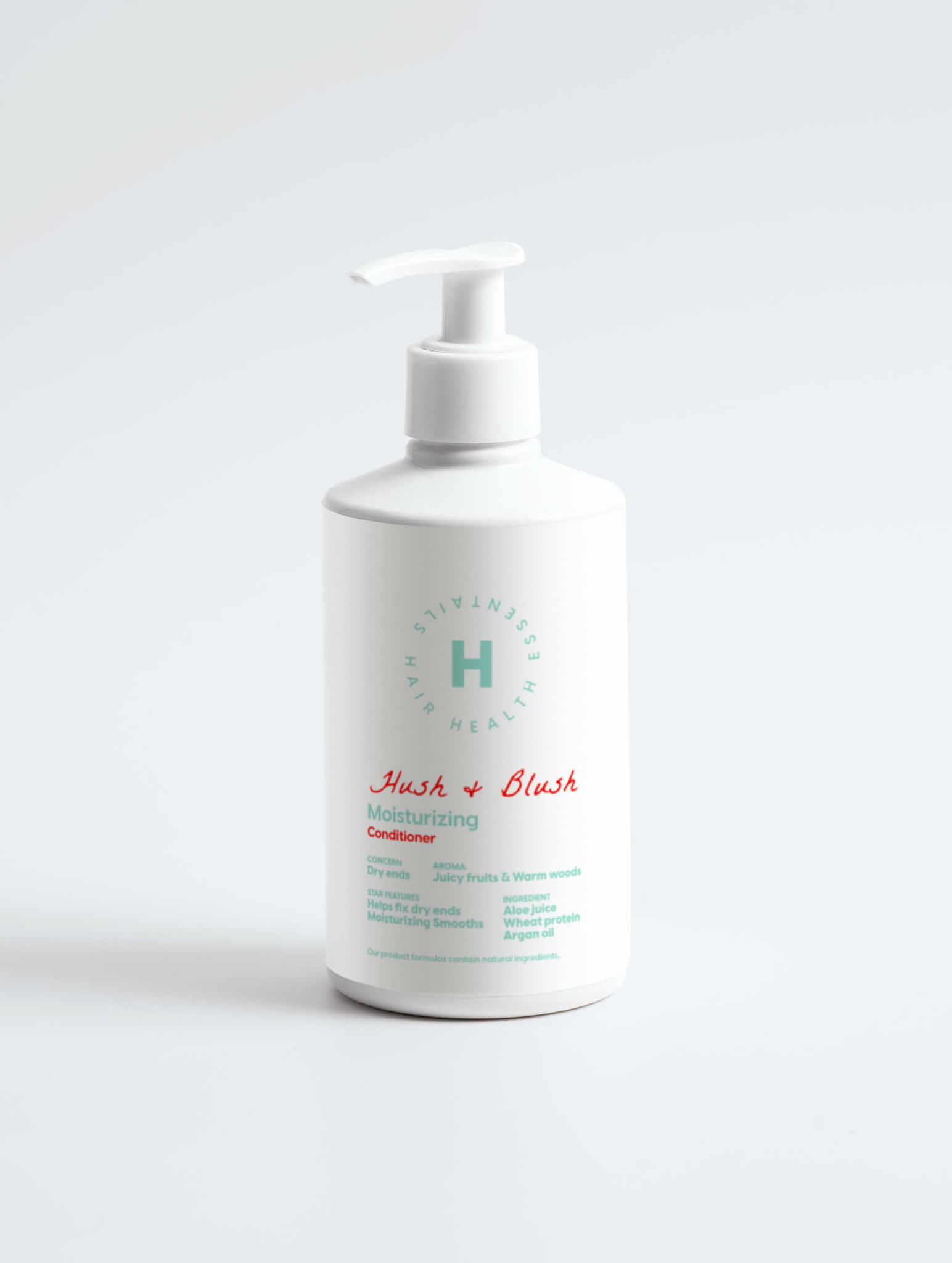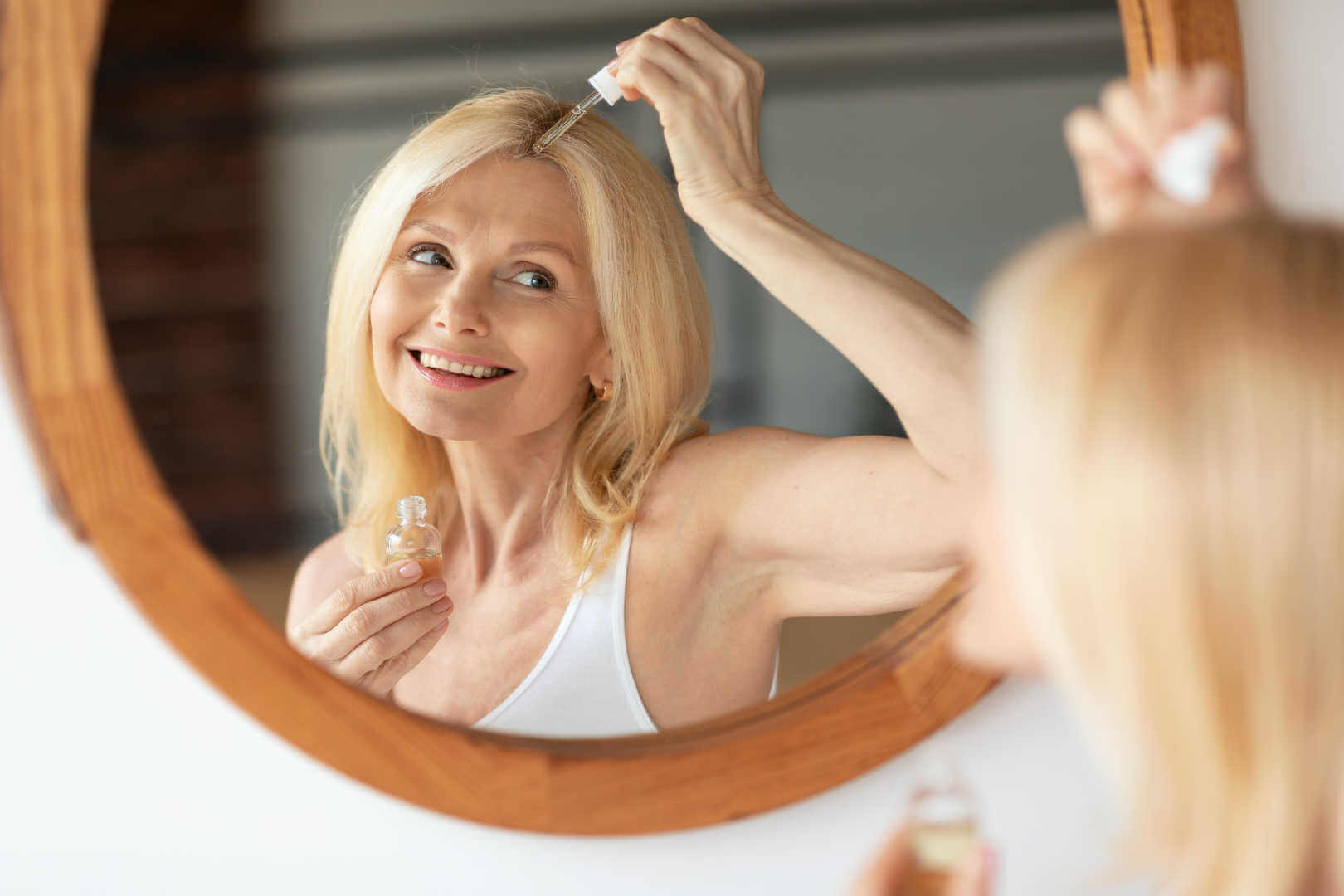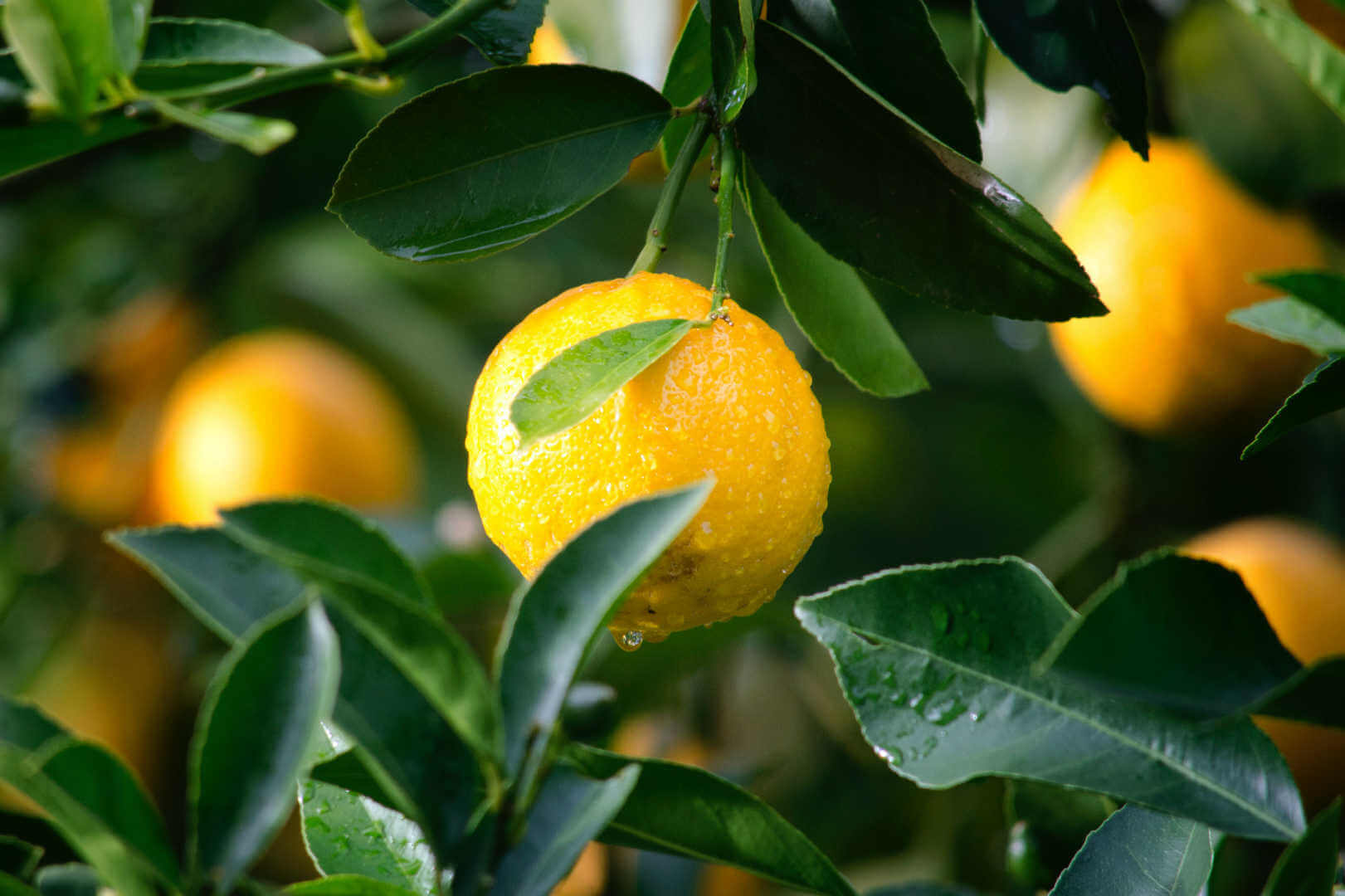Hair Care Rituals for Menopausal Women: Nurturing Your Tresses Through the Change
Meet the expert
Clare Devereux is an internationally recognised Trichologist & Stylist.
Menopause is a transformative phase in a woman’s life, marked by various physical and hormonal changes. While most discussions surrounding menopause focus on hot flashes, mood swings, and other symptoms, one aspect that often goes unaddressed is its impact on hair health. Menopausal women commonly experience hair thinning, loss, and changes in texture, which can be emotionally challenging. In this comprehensive guide, we’ll explore the unique challenges menopausal women face when it comes to their hair and provide a detailed hair care routine tailored to their specific needs.
Understanding Menopausal Hair Changes
Before delving into a hair care regimen, it’s crucial to understand the underlying causes of menopausal hair changes. These changes are primarily driven by hormonal fluctuations, particularly the decrease in estrogen levels. Estrogen plays a vital role in maintaining hair health by promoting hair growth and reducing hair loss. As estrogen levels decline during menopause, it can lead to a range of hair-related issues.
1. Menopausal Hair Loss
Hair loss, or androgenetic alopecia, is a common concern during menopause. Women may notice increased shedding and a widening part in their hair. Understanding that this is a natural part of the hormonal transition can help reduce anxiety.
2. Hair Thinning
Thinning hair is another common issue. Menopausal women often find that their once-thick mane has become noticeably thinner. This can be attributed to a decrease in hair follicle size and hair shaft diameter.
3. Changes in Hair Texture
Estrogen also contributes to hair’s texture and strength. With lower estrogen levels, hair may become more brittle and susceptible to damage. Understanding these changes can help women adjust their hair care routines accordingly.
Menopausal Hair Care Routine
Now that we’ve explored the challenges, let’s dive into a comprehensive hair care routine tailored to menopausal women.
1. Gentle Cleansing
Start your hair care routine with a sulfate-free, gentle shampoo. Harsh chemicals can strip your hair of natural oils, making it more prone to dryness and breakage. Choose a shampoo specifically formulated for your hair type and concerns, whether that’s dryness, frizz, or thinning.
2. Hydrating Conditioner
Follow up with a hydrating conditioner. Apply it from mid-length to the ends, avoiding the roots if you have fine hair prone to oiliness. Leave the conditioner on for a few minutes to allow it to penetrate your hair shaft and provide deep hydration.
3. Scalp Care
Scalp health is crucial for strong and vibrant hair. During menopause, the scalp can become drier and more sensitive. Consider incorporating a nourishing scalp serum or oil into your routine. Gently massage it into your scalp to improve circulation and alleviate dryness.
4. Nutrient-Rich Diet
A well-balanced diet is essential for healthy hair. Ensure you’re getting an adequate intake of vitamins and minerals, including biotin, iron, and zinc. These nutrients support hair growth and strength. Consult with a healthcare provider or nutritionist if you’re unsure about your dietary needs.
5. Hormone Replacement Therapy (HRT)
For some menopausal women, hormone replacement therapy (HRT) may be a viable option to address hair-related concerns. HRT can help stabilize hormone levels and alleviate some menopausal symptoms, including hair loss. However, it’s crucial to discuss the potential risks and benefits with a healthcare provider.
6. Protective Styling
Reduce the use of heat styling tools, such as straighteners and curling irons, which can further damage weakened hair. Embrace protective styles like braids or updos to minimize daily styling stress.
7. Regular Trims
Regular trims are essential to keep your hair looking its best. Trimming every 6-8 weeks helps prevent split ends and breakage, giving the illusion of thicker, healthier hair.
8. Specialized Products
Consider using specialized hair care products formulated for menopausal hair. These products often contain ingredients like biotin, caffeine, and niacinamide, which can promote hair growth and thickness.
Conclusion
Menopausal hair changes are a natural part of the aging process, but they don’t have to diminish your confidence or self-esteem. By understanding the causes and implementing a dedicated hair care routine, you can nurture your tresses through this transformative phase. Remember that individual experiences vary, so it’s essential to consult with a healthcare provider or dermatologist for personalized advice. Embrace your journey through menopause with grace and healthy, beautiful hair.
Whether you’re experiencing hair thinning or simply seeking to maintain your hair’s vitality, this comprehensive guide to menopausal hair care rituals offers valuable insights and practical tips to support your hair health during this significant life transition.
"Remember with Hair Health Essentials Better Hair days Are Ahead"
Our Menopause Collection
We understand that hormonal changes present unique challenges for your hair, from dryness to thinning and a lack of volume. That’s why we’ve curated a specialized collection designed to nourish, rejuvenate, and elevate your hair.
Related Articles
September 12, 2023
Scalp Care Essentials during Menopause: Nurturing Your Hair’s Foundation
Menopause is a transformative phase in a woman's life, marked by hormonal…
September 12, 2023
Adapting to Hair Texture Changes During Menopause: Tips and Strategies
Menopause is a natural phase of a woman's life, signaling the end of the…
September 12, 2023
Nutritional Support for Menopausal Hair: A Comprehensive Guide
Menopause is a transformative phase in a woman's life, marked by significant…


